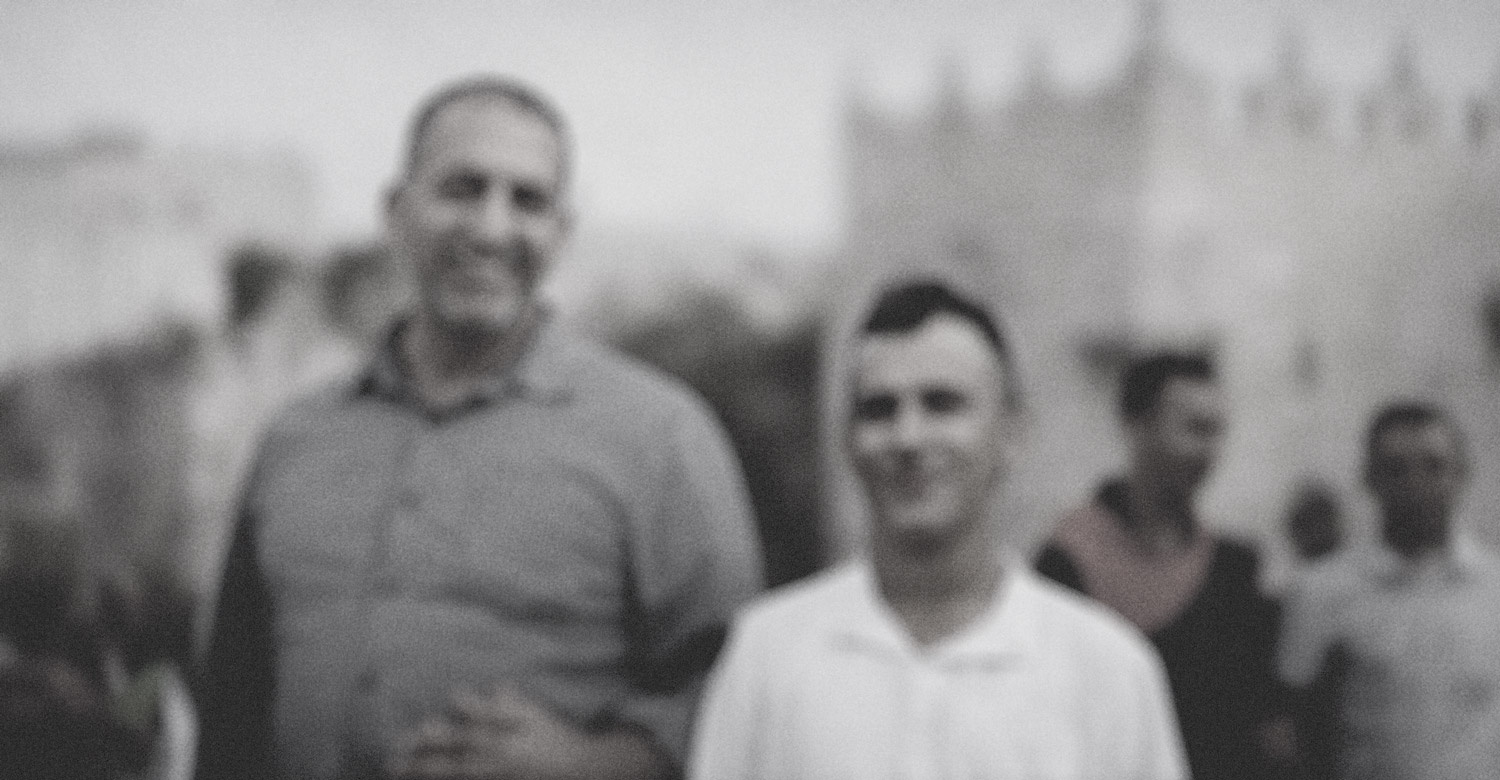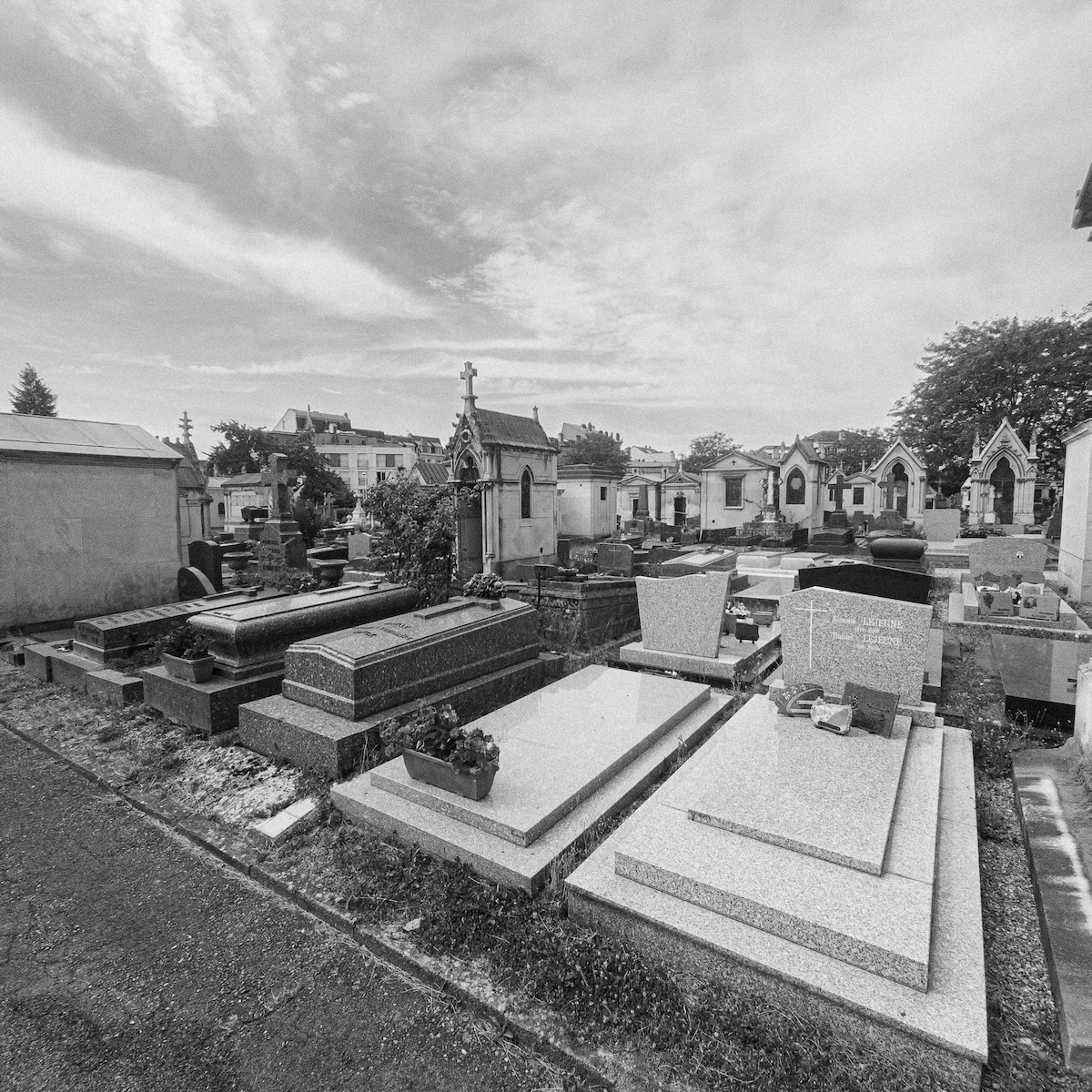On the Greatness of Ordinary Fathers Who Don’t Do the Impossible
I recently listened to a recorded conversation between a father and son. The son was asking long-held questions and voicing old disappointments. The father admitted his shortcomings, but had no answers. It felt like he’d lost something and didn’t know how to get it back. The moment shook me. Maybe because I deeply love my father, or maybe because I’m a father myself, and I worry that one day my son will question me over things I never intended to overlook. He won’t know how many nights I stayed awake thinking about him, worrying about what he’s going through or what he might face.
In an age full of curated moments and scripted wisdom, we expect fathers to be flawless: always present, emotionally expressive, masters of explanation and apology. But the truth? Fatherhood isn’t a perfectly written script. It’s not a performance meant to impress.
What about the ordinary fathers? The ones who don’t have the gift of perfect words. The ones who don’t know how to answer, “Why did you do that?” or “Why were you not there?” The ones who didn’t do the extraordinary, but did what they could, quietly, tiredly, and with endless repetition.
Stories that blame fathers are now common, and often one-sided. They tend to paint dads as either ideal or failed. But reality is more complex. Some fathers never read parenting books. They never learned to say “I love you” the right way. But they said it, through showing up, through their exhaustion, through their effort to keep things going.
Many good fathers don’t speak the language we want to hear, not because they don’t feel, but because they’re tired. They were busy doing what needed to be done. They didn’t always have time or clarity to put it into words. And when the questions come years later, all they have left are old memories of tiredness, too big to explain in a sentence.
Some fathers are great simply because they were there. They didn’t save the world. They didn’t change history. But they woke up, went to work, brought food and medicine home, and raised their kids with what they knew and what they had.
Having a simple, uneducated, or distracted father doesn’t mean you had a bad one. He doesn’t deserve to be judged harshly twenty or thirty years later just because he came up short or didn’t have the right words.
In many cases, fathers were wonderful just as they were, not as we wished them to be. They weren’t perfect. They didn’t have to be. Our job as sons and daughters is to see them clearly, as human beings who tried.
Maybe they didn’t say “I love you” out loud. But they loved. Maybe they failed sometimes. But they never stopped trying.
And often, that should be enough.






